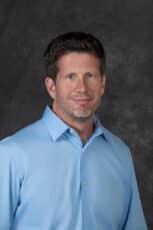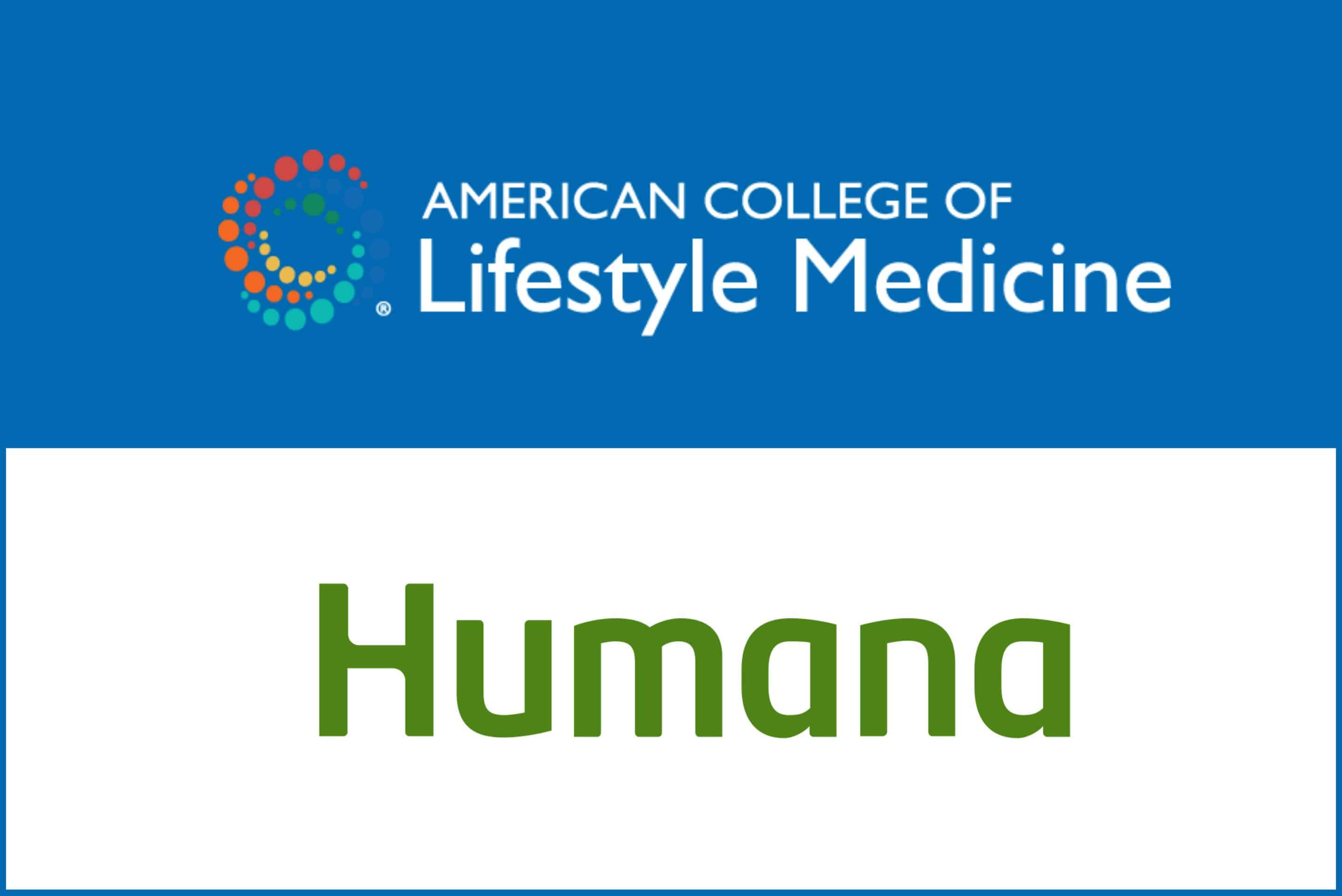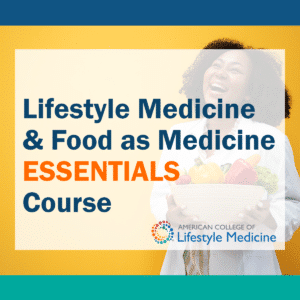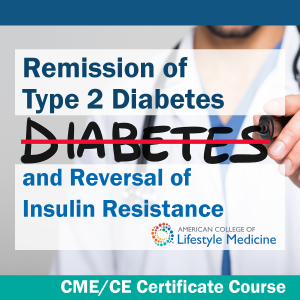Why get certified in lifestyle medicine? Hear from five clinicians who just did.
Establishing themselves as lifestyle medicine leaders within their organizations, earning credibility with patients and delivering high-value, whole-person care were among the reasons clinicians said they pursued certification in 2024.
By Alex Branch
ACLM Director of Communications
February 27, 2025

Physicians and health professionals who passed the 2024 lifestyle medicine exam took LinkedIn by storm in January, announcing their new certification status and celebrating others who joined them as diplomates of the American College of Lifestyle Medicine (ACLM) or American Board of Lifestyle Medicine (ABLM).
Since lifestyle medicine certification launched in 2017, more than 8,000 physicians and other health professionals have earned certification worldwide. ABLM certifies physicians while ACLM certifies health professionals. Lifestyle medicine certification indicates that someone has mastered the science of treating, reversing and preventing chronic disease in an evidence-based manner.
To celebrate the new diplomates, ACLM asked four clinicians who earned certification in 2024 to share why they chose to pursue it and how they hope certification will impact how they practice medicine or teach and prepare the next generation of health care providers. Their stories differed in details but a common theme was the importance and effectiveness of utilizing ACLM resources to successfully prepare for the exam.
ACLM offers “Foundations of Lifestyle Medicine Board Review, 4th Edition,” a course that serves as a prerequisite to the certification exam, and includes a 350-page manual, 10 sections, 12 online review lectures by lifestyle medicine experts and 180 review questions (Read testimonials from clinicians who utilized the course here). ACLM also offers the Lifestyle Medicine Question Bank, a compilation of 200 practice questions to help individuals prepare for the exam.
The deadline to register for the 2025 certification exam is 6 p.m. PST, Sept. 30.
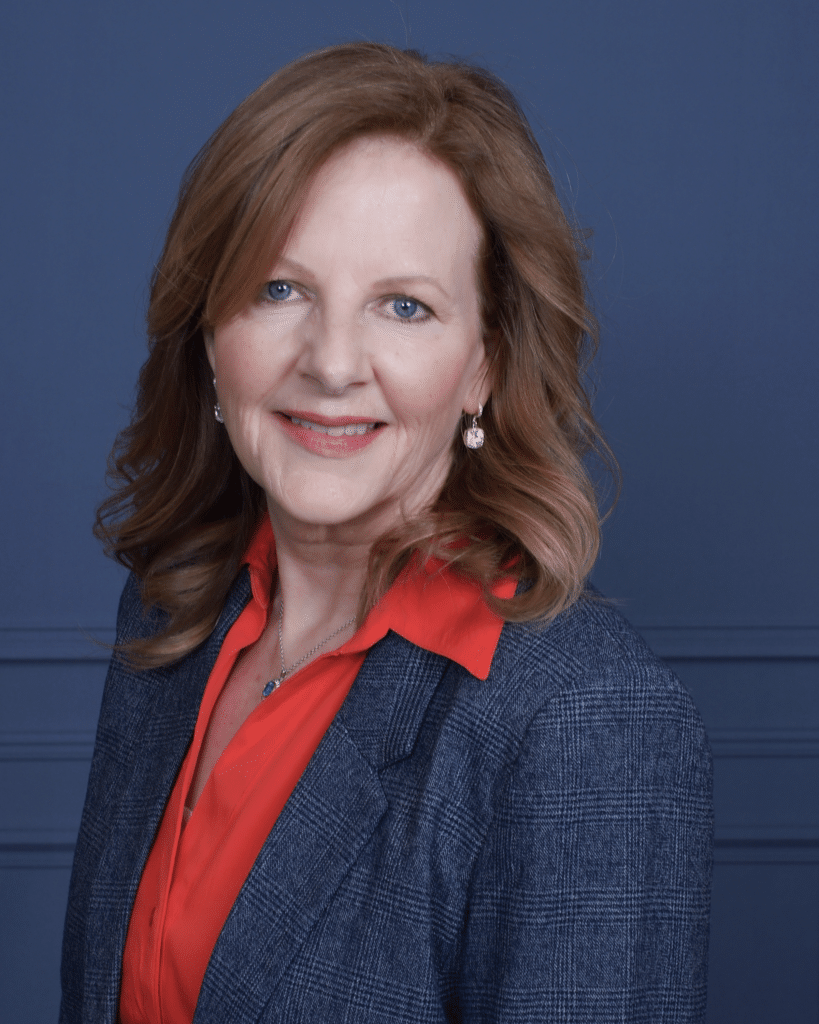
Barbara A. Slusher, MSW, PA-C, DFAAPA, DipACLM Rheumatology Physician Assistant Hope Health Federally Qualified Health Center (FQHC)
PA-C Barbara Slusher has found the adage “genetics loads the gun, and lifestyle pulls the trigger” to be true in her rheumatology clinical practice. Growing research linking lifestyle behaviors and risk of autoimmune disease motivated her to earn lifestyle medicine certification.
As a clinician at a FQHC, Slusher earned a scholarship through ACLM’s Lifestyle Medicine National Training Initiative (NTI) designed to train and certify one primary care provider in lifestyle medicine within each of the nations’ FQHC and community health centers.
“The financial and administrative support was so beneficial and much needed for a newbie to ACLM and lifestyle medicine concepts,” she said. “The regular NTI meetings helped guide me on next steps to stay focused on the goal of passing the board exam. I also loved the social aspect of meeting other providers within FQHCs.
“My education has led me to feel so much more prepared to help my patients find ways to care for themselves and decrease risk of disease flare ups and progression,” she said.
Slusher views lifestyle medicine and rheumatology as a natural fit for shared medical appointments (SMAs). Her patients have chronic diseases without known cures and are often taking multiple medications with many side effects. SMAs allow clinicians to exponentially increase their impact.
“I’m still in the brainstorming stage for implementation, but my heart is set on this goal so that we can reach as many individuals as possible,” she said.
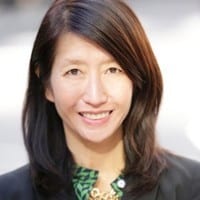
Eliza Ng, MD, MPH, FACOG, DipABLM Chief Medical Officer CAIPA, Inc.
Dr. Eliza Ng knew that something must change. Her professional and personal demands accumulated while her body and mind flashed warning signs that she had to start taking better care of herself. That pressure led her to learn about lifestyle medicine and start incorporating the lifestyle medicine pillars into her daily behaviors.
“As I practiced lifestyle changes, I came to realize the power of lifestyle change in impacting physical and mental health and work performance,” Dr. Ng said. “My goal became to democratize lifestyle medicine and make it accessible to all.”
She said the process of earning lifestyle medicine certification helped her become more intentional, engage in lifestyle changes more productively and develop a deeper appreciation for the health benefits. As chief medical officer for an Accountable Care Organization that manages more than 350,000 patients, Dr. Ng said certification signified her high level of competence in the specialty while demonstrating to her stakeholders her commitment to advancing clinical care and quality. She now has the opportunity to lead the integration of lifestyle medicine into population health and chronic disease treatment.
“With lifestyle medicine, our patients benefit from access to the knowledge and tools to improve their health in a way that gives them a sense of agency and empowerment,” she said.
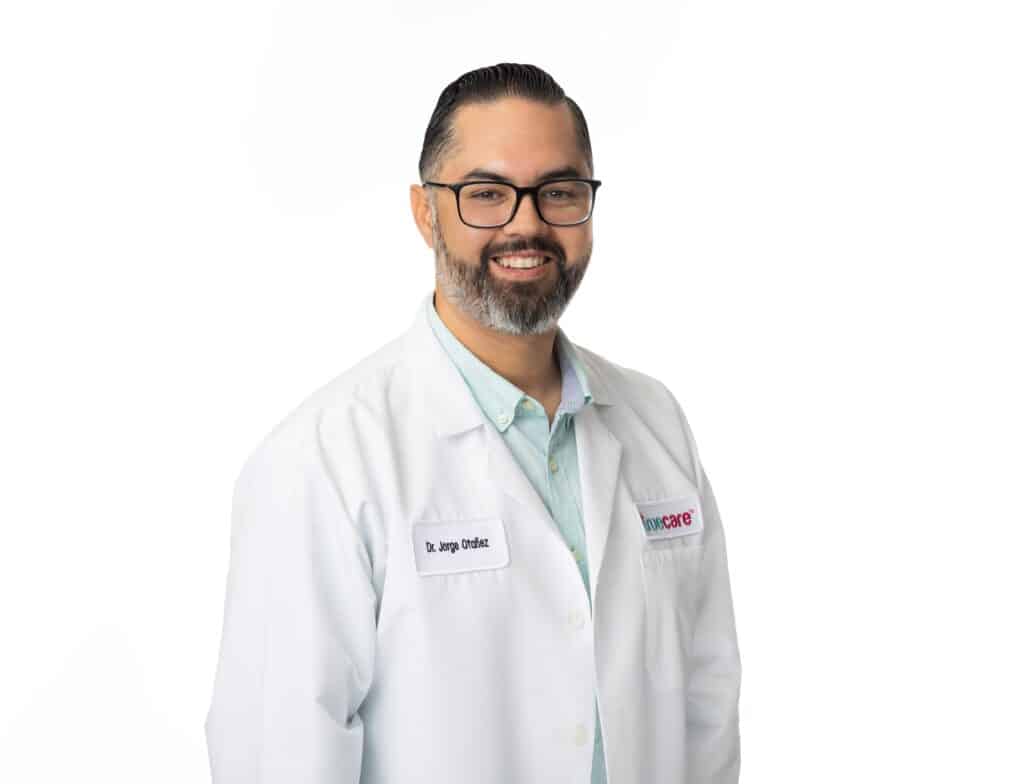
Jorge Otañez, MD, DipABLM Associate Chief Medical Officer TrueCare
As a family medicine physician at a Southern California FQHC, Dr. Jorge Otanez sees how chronic diseases like type 2 diabetes, hypertension, and obesity disproportionately affect underserved communities. He also understands how barriers, such as limited access to nutritious food, safe spaces for physical activity and stress from economic instability, limit his patients’ healthy lifestyle behaviors.
“By integrating lifestyle medicine into our FQHC setting, we can empower patients with tools for better health while reducing reliance on medications and costly interventions,” he said. “This approach aligns perfectly with TrueCare’s mission of delivering high-quality, whole-person care to those who need it most.”
Dr. Otanez is a recipient of an ACLM Health Equity Achieved through Lifestyle Medicine (HEAL) Initiative Scholarship that supports medical professionals who are working to reduce lifestyle-related chronic disease health disparities for high-risk minority and rural-based populations. Certification enhanced his clinical toolkit and his ability to practice self-care. As a result, he was better prepared to empower patients through education, help them become less reliant on medications and improve their quality of life.
“With chronic diseases like diabetes, hypertension, and heart disease driving health care costs and patient suffering, we need a more sustainable and proactive approach,” he said.
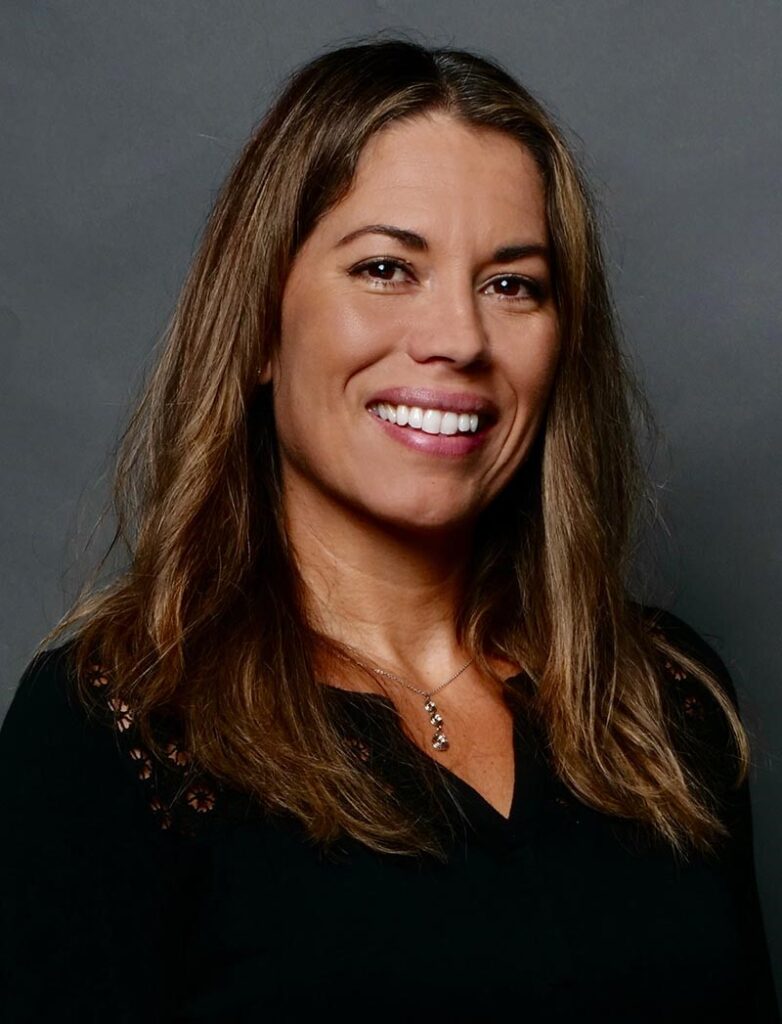
Cheryl Cavaliere PhD, MS, RDN, LDN, DipACLM Lecturer, Department of Health Sciences University of Central Florida
Dr. Cheryl Cavaliere has found that the next generation of health care professionals is energized by delivering health care in a manner that is meaningful to them. That means embodying the healthy lifestyle behaviors that they will encourage patients to embrace into their lives.
Dr. Cavaliere chose to pursue lifestyle medicine certification to ensure she had the evidence-based knowledge to be a reliable resource for students.
“Directly, the credentials signify an evidence-based knowledge and skill set for addressing the six pillars of health,” she said. “Indirectly, I believe patients and the public view the credentials as a practitioner who cares deeply about patient well-being. While the challenges in health care are real and will not be resolved overnight, this is something that each provider and practitioner can do today to make a small but tangible difference.”
Her students integrate aspects of the lifestyle medicine pillars into their lives. Some are following a more plant-based eating pattern. Some have added runs or walks to their routines. Others meditate regularly or have stopped smoking. The students are aware that each pillar applied to their lives builds credibility with future patients while improving their own health.
“I feel that the certification process is an important part of moving health care forward and establishing behavior modification as the gold standard in first-line treatment,” she said.


